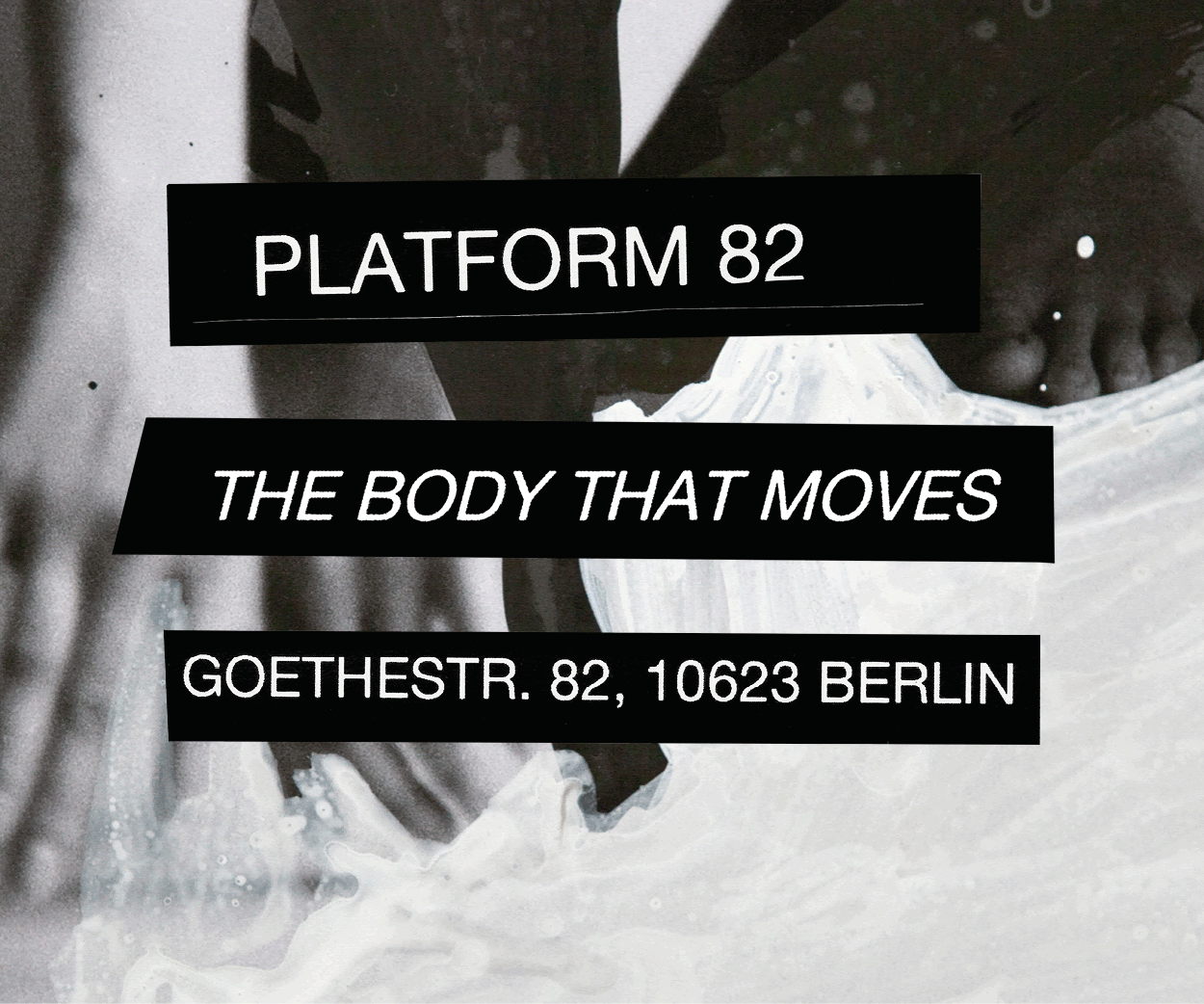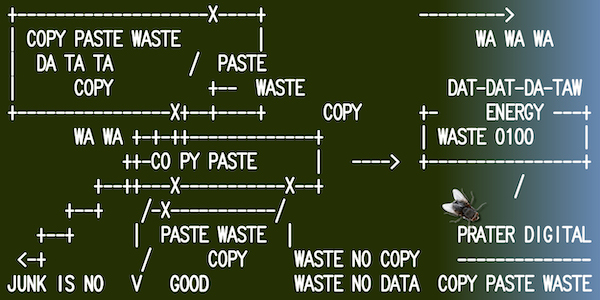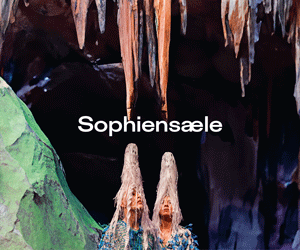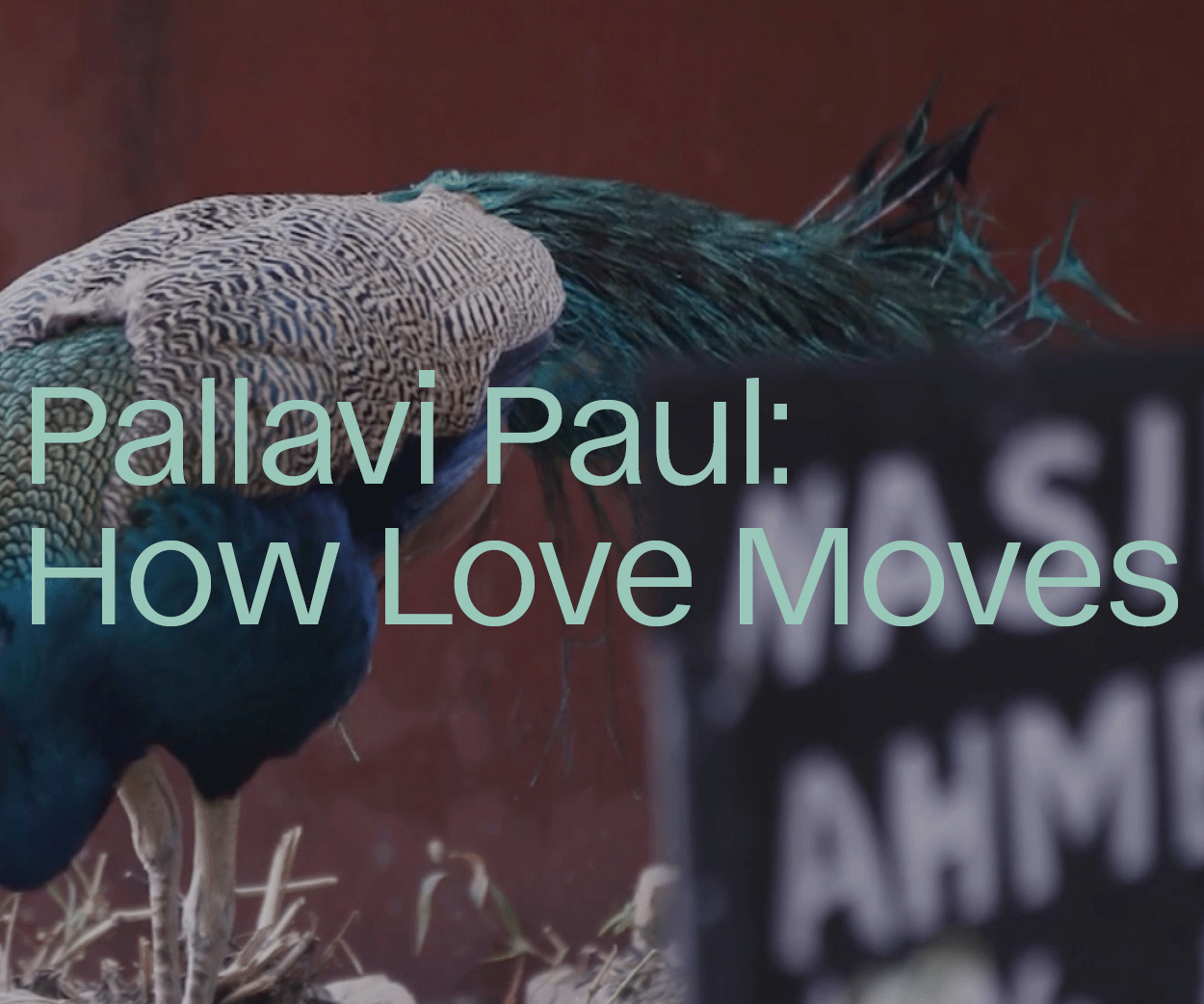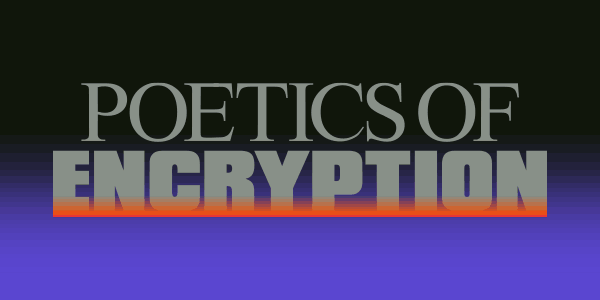The Berlinale festival represents one of the most important dates for the international film industry. From the 11th to 21st of February, more than 330,000 visitors, and 20,000 professionals from 128 countries will gather to watch a program composed of 430 films presented in 33 of Berlin’s cinemas. Divided into 12 different categories, the festival is once again presenting The International Forum of New Cinema, one of the most daring sections of the Berlinale. The films presented in this section straddle the line between cinema and art through avant garde, experimental works, essays, long-term observations, political reportage and yet-to-be-discovered cinematic landscapes. Among the wide range of films in the program which drew our attention, here is a short selection of films which we recommend this year in the Forum category of the competition.
Muito Romântico by Melissa Dullius, Gustavo Jahn: Drawing from autobiography as well as fantasy, Melissa and Gustavo cross the Atlantic to start a new life in Berlin. They set sail on making films, friends and music, but fear awakens when a secret emerges. A cosmic portal opens up inviting them to expand their journey beyond time and space. The duo poses filmmaking as a communal as well as a personal endeavor, and themselves as travellers between distant places, both geographically and temporally.
Havarie by Philip Scheffner: A three-minute video clip of a tiny dinghy floating in the Mediterranean sea is extended to feature-length. The camera pans slowly to the right and shows tourists on a cruise ship looking out to sea. The camera moves back, touches upon the boat again and then pans to the left, to the other side of the ship. Havarie responds to this by condensing sound and disassociating it from the image to create a space of perception that allows the viewer to experience their own position without ever losing sight of the subject at hand: a cinematic coup of true radicalism.
In the Last Days of the City by Tamer El Said: Khalid wanders through Cairo in search of ideas for a film, he looks at his images over and over again, as if he were waiting from them to produce some sort of meaning. The stories of his protagonists seem to come from somewhere inside him, he seeks points of reference in the outside world. The more he looks for them, the more they seem to disappear. As the city and his private life seem to be falling apart in equal measure. Memories of better times and conversations with friends intertwine in this homage to a metropolis on the brink. An almost noiseless film in which time is overtaken by history.
Homo sapiens by Nikolaus Geyrhalter: Abandoned buildings, places and areas being reclaimed by nature, myriad locations that each carry the traces of erstwhile human existence. In precisely framed wide shots of incredible visual power, the present post-apocalypse comes into focus. All these locations carry the traces of erstwhile human existence and bear witness to a civilisation that brought forth architecture, art, the entertainment industry, technologies, ideologies, wars and environmental disasters. There are no people in this film, and yet it keeps his eye on nothing less than the future of humanity.
Rio Corgo by Maya Kosa: An old wandering vagabond begins a friendship with a young village girl in the north of Portugal. Memories, conversations and everyday impressions merge into a dreamily surreal account of a remote area and a life spent on the margins.
Chamisso’s Shadow – Chapter One to Three by Ulrike Ottinger: The director sets out once again on a grand-scale journey of discovery in the footsteps of famous world travellers. The vivid visual descriptions of past travellers and their expeditions enter into a dialogue with her own cinematic observations.
The theme of this year’s Forum Expanded exhibition is Traversing the Phantasm. The programme shows experimental artists’ films as a form of traversing real and imaginary territories that are manifested in (geo-)political realities and the fantastical constructs symptomatic of capitalist consumerist societies alike. The question also arises here as to what changes this type of traversing can and must trigger within us: what traces can be left behind by an art or film event?
Xénogénèse by Akihiko Morishita: An experimental film that focuses on the duality of its medium: material and image. A figure dressed in shirt and tie (the filmmaker himself) walks in circles around what appears to be a junkyard and confuses this duality.
Al Marhala Al Rabiaa (The Fourth Stage): The film inquires into the implications of the disappearance of a famous magician and ventriloquist whom Ghossein assisted as a child. The duo would tour villages in south Lebanon where today monumental sculptures suddenly appear.
According to Dieter Kosslick, this 66th edition is very special. In the current humanitarian and refugee context, the Berlinale supports the refugees cause and many films presented this year deal with migration. To quote the Berlinale director: “Since the festival was launched in 1951, we only had positive experiences with what is today known as ‘a culture of welcoming’. Moreover the Berlinale would not exist if it was not for foreigners.”
As president of the Berlinale 2016 international jury, the american actress Meryl Streep takes on the role of juror at a film festival for the first time in her longstanding career. The jury is composed of: the German actor Lars Eidinger, the Italian actress Alba Rohrwacher, British actor Clive Owen, the film critic Nick James, the French photographer Brigitte Lacombe, and the Polish filmmaker Małgorzata Szumowska.
Additional Info
Akademie der Künste
Group Show: ‘Traversing the Phantasm’
Exhibition: Feb. 11 – 22, 2016
Opening Reception: Feb. 10; 7pm
Hanseatenweg 10, 10557 Berlin, click here for map



